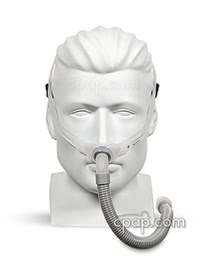Insulin reliant diabetics are starving their cells of blood sugar unless they take the necessary shot. This could be because the pancreas is not creating enough insulin or because of insulin resistance. Whatever the reason.... that insulin shot can really help you AND mess you up!
A Diabetic is told to lose weight! They are told that this is an important step to bettering their health and reducing the need for insulin (and other diabetic meds) along with diabetic complications.
Insulin makes you gain weight! YEP! You read that right! The typical person starting insulin will gain 10-15 pounds upon starting the dosage. This is not water weight this is FAT. Of course, my doctor did not share this lovely piece of information when I was first put on insulin. I went to a diabetic nutritionist last week and learned this. After doing a ton of research around it, I found it to be true!
Insulin is a growth hormone, aka it makes it exceptionally easy to develop new cells and it seems to really like creating fat cells. I know a diabetic that uses insulin to allow them self to eat as much sugar as they want, what a terrible cycle. The insulin will allow the person to eat the sugar by keeping or lowering the blood sugar numbers, in exchange for lowering those numbers that person will gain FAT cells and will pack on the pounds faster than a normal person not on insulin.
A diabetic needs the insulin, so other than doing more damage than good there is an answers. It DOES NOT help you lose weight..... (still trying to figure out how to lose weight with diabetes and insulin not having any luck but I maintained my weight when I should have gained 10-15 pounds so it could be worse!)
Here is a solution to help with the cell creation caused by insulin. Resistance training and/or weight training. The insulin will also help to create muscle fibers. If you are doing 20 min of resistant training and/or low/moderate weight lifting daily you are promoting the insulin to build healthy cells instead of fat cells. You are also using up glycogen, the muscle version of sugar, causing your body to take up the blood sugar in your system to create more. The effects of this also makes your insulin receptors more sensitive to insulin reducing your system Resistance for up to 48 hours - eventually making it so that you require less insulin naturally. Of course, before starting any exercise program check with your doc and check your sugars before/during/after to ensure you are safe....
Here is a great Utube video focusing on the benefits of doing both strength and cardio exercise (what I do):
The second video above, is a great video for those without a gym and want some easy exercises.
Here is a great report on how resistance training is important for diabetic and overall health:
http://www.acefitness.org/getfit/rubrbndwkout.pdf







.jpg)